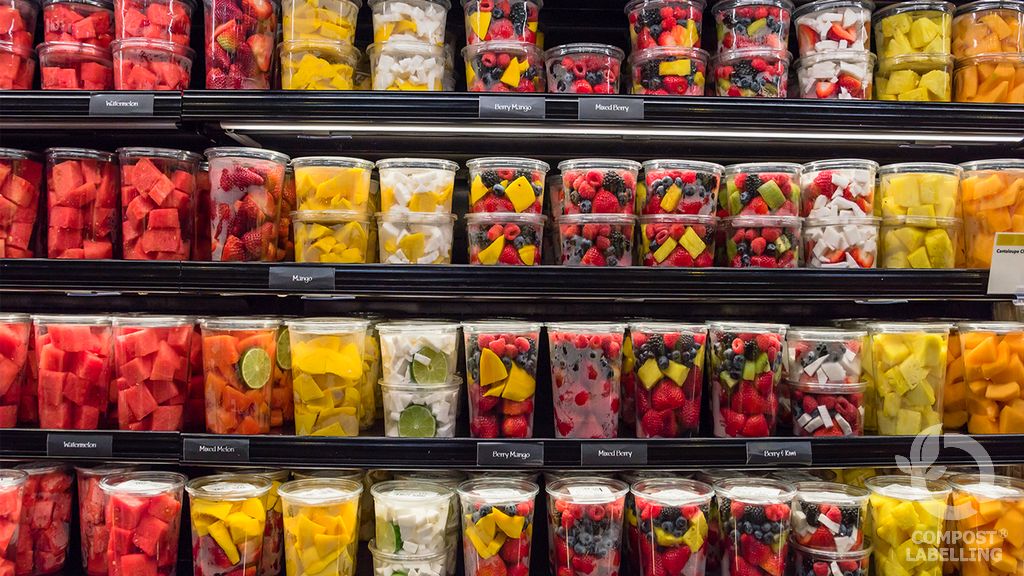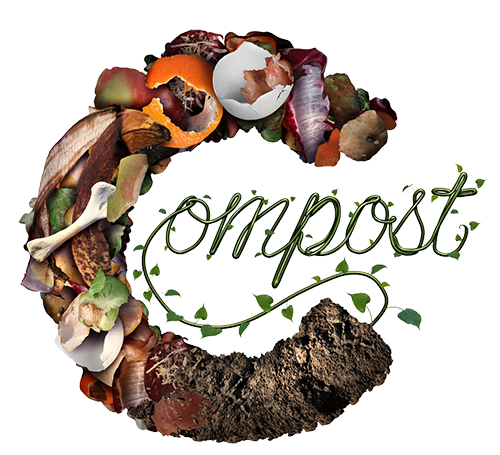What is the Role of Bioplastics in the Circular Economy?
Today, some companies have been producing environmentally friendly alternatives to polyethylene-based plastic bags and packaging for a long time. These companies have assumed the role of bioplastics in a circular economy.

Biodegradable plastic and organic wastes are shifted from waste disposal sites and incinerators to biodegradation and are thus used to produce compost to improve soil.
The soil needs nutrients to remain fertile. But land is a limited resource. The amount of arable land per capita in the world is expected to be halved in the near future due to overuse, erosion and deforestation.
Today, businesses that act with a sense of responsibility lead the development of production processes and products that will help decarbonize the economy, thus trying to reduce carbon dioxide emissions. The target is not only to produce but to produce sustainable products.
Circular economies move firms away from traditional models and towards an environmentally friendly economy. In a circular economy, materials must be renewable and it is essential to avoid waste and use these materials for soil enrichment by designing materials, products and business models based on reuse.
Composting is a decomposition process that produces carbon dioxide, which is far less harmful to global warming than methane gas. In addition to carbon dioxide, compost contains other nutrients that enrich and improve soil quality. Using compost to grow foodstuffs limits the use of fertilizers and water.
Now it is very important to have healthy soils. Soil is not renewable and it takes more than 10 years to form a 2000 cm layer of soil. On the other hand, life depends on the land. Food production begins in the soil, and the soil captures enormous amounts of carbon dioxide that will be released into the atmosphere. Despite this, 33 percent of the earth's soil is degraded and damaged by chemical pollution, acidification, nutrient imbalance and more.
The combined effects of climate change and a weakened soil will cut agricultural production in half in some drought-affected areas over the next 30 years. Therefore, much more organic material is needed globally, and a comprehensive separation of food waste and organic materials is required.
Our organization provides very different certification services for businesses in various sectors and carries out the necessary testing, analysis, control and evaluation activities within this framework. In these works, it always follows domestic and foreign standards, applicable legal regulations and generally accepted practices. In this context, requesting businesses,It also provides mpost certification and C-Label (Compost Labeling) compost labeling services.

Overview
- What is Bioplastic?
- What Are the Types of Bioplastics?
- What Does Biodegradability Mean?
- AS 4736 Biodegradable Plastics - Biodegradable Plastics Suitable for Composting and Other Microbial Processing
- AS 5810 Biodegradable Plastics - Biodegradable Plastics Suitable for Home Composting
- NF T51-800 Plastics - Technical Specifications for Plastics Suitable for Home Composting
- prEN 17427 Packaging - Requirements and Test Chart for Handling Bags Suitable for Processing in Well Managed Home Composting Facilities
- Why Is the Difference Between Biodegradable and Compostable Important?
- Home Compostable Bioplastic Products
- What is the Role of Bioplastics in the Circular Economy?
- What Does Biodegradable, Compostable, and Degradable Mean?
- Compostable or Recyclable, Which Is Better?
- Environmental Sustainability
- Are There Legal Regulations for Compostable Products?
- Composting, A Waste Management Solution
- Awareness of Biodegradable and Compostable Plastics to Protect the Environment
- Biodegradation and Composting
- Sustainable Packaging, Packaging for the Future
- Function of Packaging, Resource from Waste
- Added Value of Compostable Products
- Compostable Packaging Limits the Amount of Food Waste Going to Landfills
- Compostable Packaging Contributes to Quality Compost Production
- Compostable Packaging Reduces Plastic Pollution in Waste Collection
- Compostable Packaging Creates a Simplified Experience for Consumers
- Compostable Packaging is an Alternative Solution to Non-Recyclable Packaging
- Waste Means Food In The Circular Economy
- What is the Role of Bioplastics in the Circular Economy?
- Effect of Microorganisms on Biodegradable Bioplastics
- Are Oxo-Biodegradable Plastics Environmentally Friendly?
- Getting Started with Composting
- How Organic Gardening Reduces Waste in Landfills
- Confusion Between Biodegradable and Compostable
- New Generation Plastics: Compostable Plastics
- Things You Didn't Know You Could Compost
- How Is Cow Manure Composted?
- Advantages of Inline Composting
- Reasons for the Development of the Organic Compost Industry
- Comparison of Composting Methods
- Compost Stages
- Monitoring and Record Keeping in the Composting Process
- Fundamentals of Agricultural Composting
- Mechanical Composting
- How Should Good Compost Be?

